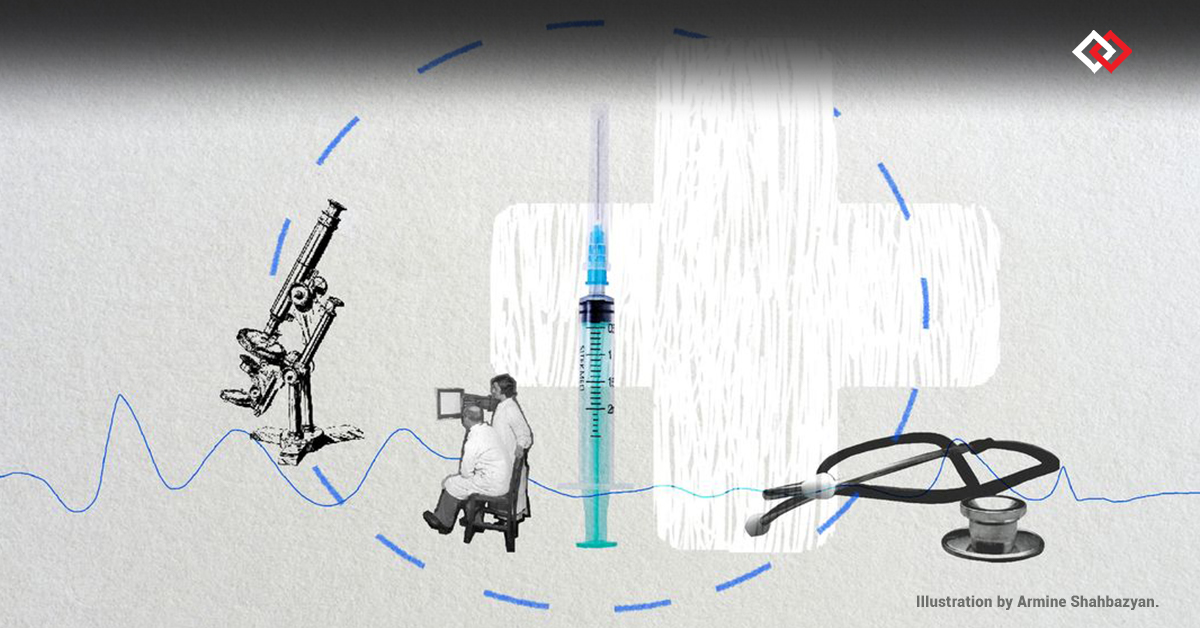Thirty years after independence, Armenia’s healthcare system has achieved some successes and reached various milestones, but overall remains inefficient, mismanaged and incapable of serving some of the basic healthcare needs and obligations of the Armenian society. With a maldistribution of infrastructure and human resources, weak government oversight, socio-economic imbalance, and low public financing, Armenia’s healthcare system struggles to fulfill its Constitutional obligations. This is compounded by underlying failures to meet certain ethical duties, along with obligations to international initiatives. As the quantitative metrics show, Armenia’s problem is no longer one of inadequate resources. Armenia’s health sector, generally speaking, has most of what it needs, and the Diaspora, when it comes to resource-accumulation, is the proverbial icing on the cake. Thus, what Armenia needs to focus on is the system, and the processes of good governance, leadership, prioritization, coordination, and collaboration that would allow it to put its resources to better and more effective use. If we want better medical education, we should improve the medical education system, not just give a lot of lectures. If we want better outcomes for our patients with cancer, we should seek to have a system that knows how to do that, not just do a lot more of the cancer surgeries. Simply put, the following question needs to be asked: What can we do to make the system work better, rather than engaging in yet another initiative that seeks to put a band-aid on a festering wound.
Check out the full report / opinion piece on EVN Report.




